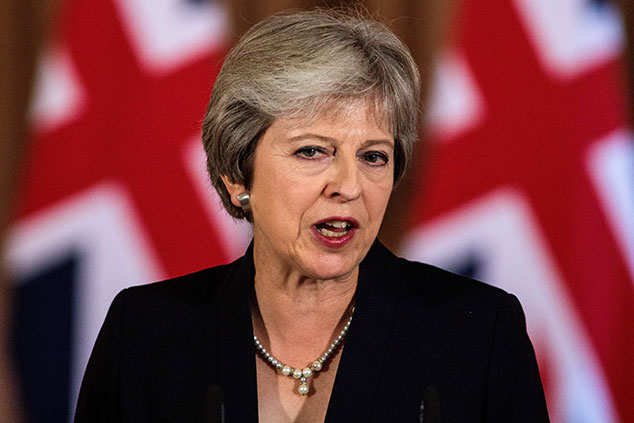
They reckon that an awful lot of potential bad news is already being reflected in the price of company shares prices – and possible even more interestingly in the discounts on UK focused investment trusts.
Over the last year the FTSE 100 has risen a mere 2.7%. Over the same period, the NIkkei has risen nearly 19% and the S&P 500 by 16.5%. MoneyWeek readers should have done just fine (anyone who isn’t in Japan hasn’t been listening!). But the result of its remarkably feeble performance is that the UK is looking remarkably cheap.
The FTSE All Share Index is on a price/earnings ratio of only 12.9 times and the FTSE 100 offers a pretty good yield of 4% (in this context, note the hoopla around Goldman Sachs offering savers an interest rate of 1.5% via its new savings bank, Marcus). At the same time, the average UK Equity Income trust is currently trading on a discount to the net asset value (NAV) of the shares it holds in its portfolio of around 4%. Three years ago that number was zero.
But more bad news isn’t a given. It is possible, as Alastair Mundy of Temple Bar points out, that a hard Brexit is almost fully discounted in UK share prices (ie, that they won’t fall much – or at all – if there is no deal) and that it wouldn’t be as bad for the UK overall as many think. The word Brexit is very emotive, says Mundy: replace it with “recession” and you might think prices are low enough already.
Finally, while the government doesn’t exactly seem to be on top of Brexit, there’s a huge amount of work being done behind the scenes (all those new civil servants at the Department for Exiting the EU are definitely not twiddling their thumbs). So it is entirely possible that Theresa May could produce a deal with the rest of the EU before the end of the year.
If she does, the market could bounce sharply (almost regardless of what that deal is). Those invested in investment trusts should then see not just the NAV of their investments rise (as share prices rise) but the discount to the NAV narrow as well. Win win.
What might you buy to take advantage of this? Stifel has positive ratings on the Edinburgh Investment Trust (LSE: EDIN) and Schroder Income Growth Fund (LSE: SCF) but for a portfolio more skewed to small and mid-cap funds (a rising post deal pound could hit earnings of some of the UK’s larger firms) their “preferred” trusts are BlackRock Throgmorton Trust (LSE: THRG) and Aberforth Smaller Companies Trust (LSE: ASL).